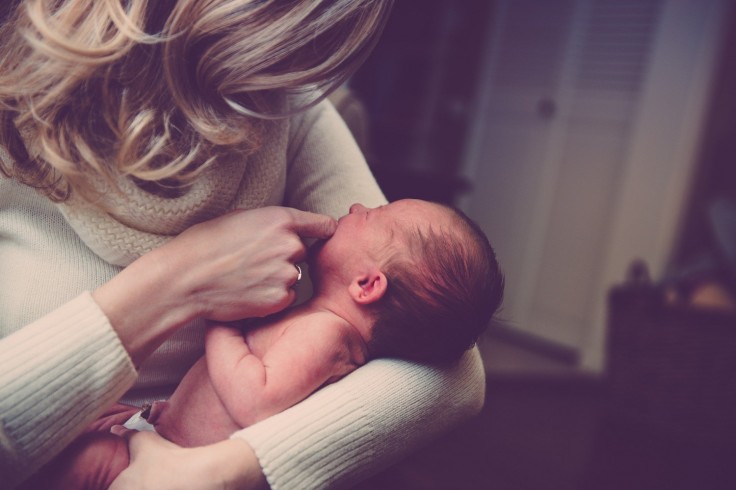
One of the most frightening truths of parenthood is the realization that, no matter how cautious you are, your child is vulnerable. We may even go as far as to say that children are prone to accidents due to their never-ending quests for fun.
As a parent, you will want to protect your child now and forever. However, that is not possible (or practical, for that matter). We all know that over-protectiveness deprives kids of the opportunity to discover.
What you need to do is find a balance between keeping your children safe and letting them develop. Today, we're giving you a bit of foresight to help you prevent possible accidents.
What Can You Do?
Before we go on to describing the most common reasons for children's accidents, we want to make a point. You need to prepare yourself to handle an emergency in case it happens.
So, keep a first-aid kit nearby at all times. Attend courses or get informed on the ways to deal with bleeding, poisoning, and choking. Keep the ER on your speed dial and an emergency lawyer's website in your bookmarks.
Preparing like this may seem like overreacting, but it will enable you to act in a calm, swift manner if an accident happens.
Tumbles and Falls
Babies and toddlers lack balance, but the falls they will inevitably suffer don't need to be fatal, or even severe if you make informed decisions.
First of all, avoid baby walkers. It's not proven that they help your baby learn how to walk, but these contraptions have caused severe injury. Besides, bar your multi-story windows and balconies - flying sounds like a fun thing until it ends up with a tragedy.
Staircases are no less infamous. You need to put up safety gates before your baby starts crawling. As soon as they walk, teach them to climb the stairs while holding onto the handrails.
When it comes to playgrounds, check the safety of the equipment before you let your kid go out and play. If possible, go for a playground with a soft surface, too, and always have somebody supervise the play.
Burns
Children under the age of five have super-sensitive skin, which leads to common scalds and burns.
The number one culprit for scalding and burning is hot bathwater. So, test the temperature with your elbow before you let your child enter the tub. Stay with them during the bath, too.
Of course, keep all sources of open fire away from their reach. Have them stay away from the kitchen when you're cooking, too. If that's impossible, turn the panhandles away from the front of your stove.
Another thing to watch out for are hot drinks. Never hold a warm cup and a child at the same time, and make sure all glasses are out of reach on tables.
Poisoning
Kids are notorious for loving to put foreign objects inside their mouths. Most poisoning accidents happen for this reason - a medication, household product, or a bit of cosmetics ends up where it shouldn't be.
Keep all chemicals out of reach and sight, in locked cupboards. The under-the-sink cabinet is the perfect height for a curious toddler, so have it locked as soon as possible. Besides, laundry and dishwasher liquids can look like colorful sweets to an unknowing eye.
Also, make sure that there are no poisonous leaves or berries close to your home.
Choking or Suffocation
Speaking of putting small, foreign objects inside their mouths, kids can also inhale, swallow, or choke on small items.
Babies and toddlers examine items around them via taste, so make sure that all the toys you give them are suitable for the age. Small parts pose a risk of choking or inhaling.
Also, your pets can be loving, but they still can suffocate your baby if they lie on it. Animal hair is another common risk for choking, too, so keep the pet out of the bedroom.
The Bottom Line
A small person running or crawling around your house increases the chances of a wide range of accidents. It may be overwhelming and scary, but it's the reality of having a toddler.
It's impossible to avoid everything that can happen with a curious toddler, but taking these steps can help you prevent the worst of it. Also, thinking in terms of danger helps you feel more prepared if an accident does occur.